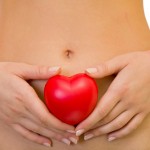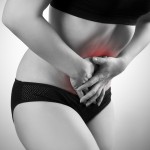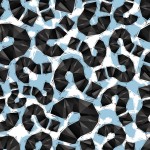
Have you ever wanted to know more about ovulation symptoms, but were too embarrassed to ask?
You’re not alone. Unless you’re an ob-gyn, or have had long, explanatory discussions with someone else, knowing exactly what you can expect when you ovulate is quite impossible. While there is a number of symptoms that are common to this phase of your menstrual cycle, many women don’t experience all of them, while some don’t experience any at all.
[click to continue…]

Mittelschmerz (mittel = “middle” and schmerz = “pain”) is a German term used to describe ovulation pain, which is characterized by cramps localized in the abdomen on either the right or left side of the pelvic area. Mittelschmerz occurs when the egg is released by one of your ovaries, and can last for a few seconds or sometimes up to 24-36 hours. The intensity of the pain depends on a number of factors, and usually varies from woman to woman.
[click to continue…]

Ovulation symptoms aren’t difficult to notice. Your body temperature rises by one degree, your cervical mucus turns clear and slippery, your breasts are tender when you touch them, your belly feels bloated, and your stomach is cramping. If these sound familiar to you, then you should know you’re not alone – in fact, most women experience symptoms of ovulation every month. Telling what’s normal and what isn’t can be a challenge. Unless you ask an expert, there’s no way to discover that by yourself.
[click to continue…]

If you’ve ever wondered how many days after your period do you ovulate, then you should know that there’s no one answer for this question. Several factors, including the regularity and length of your menstrual cycle, influence the time when ovulation occurs. Consequently, many women find themselves concerned when they start experiencing certain symptoms that don’t seem quite normal, such as increased vaginal discharge, stomach cramps and breast tenderness.
[click to continue…]




